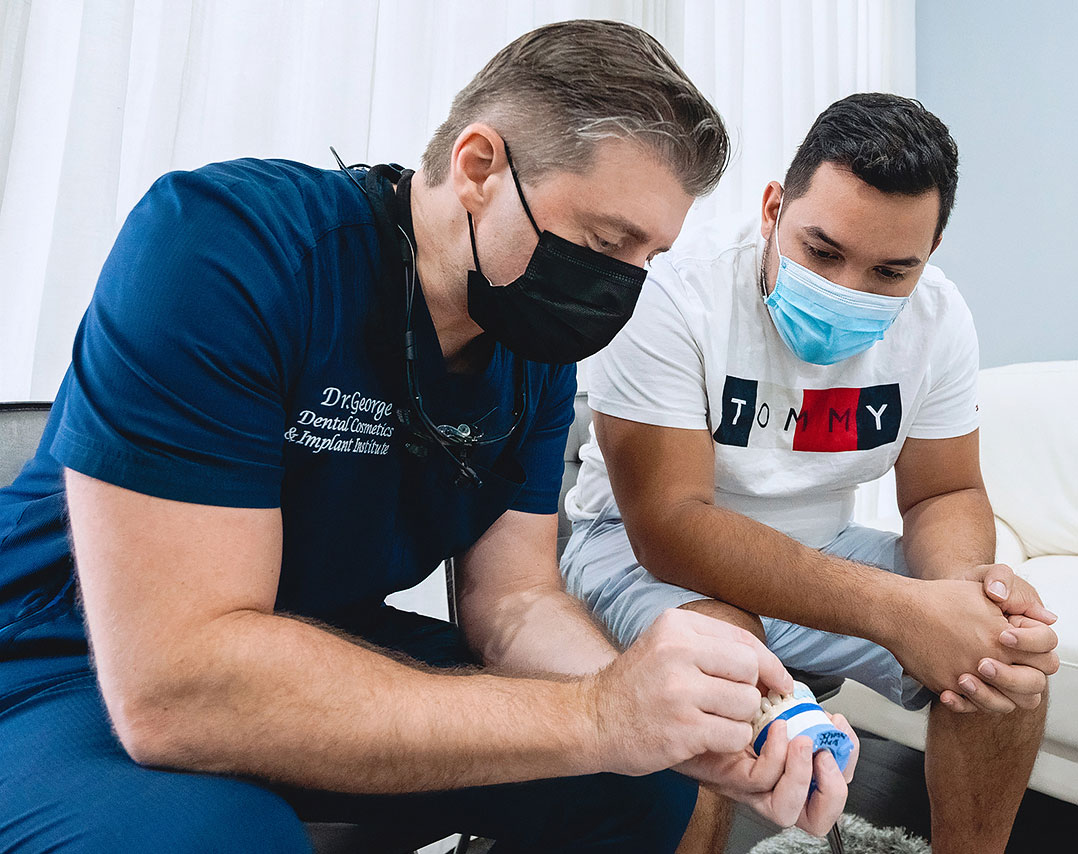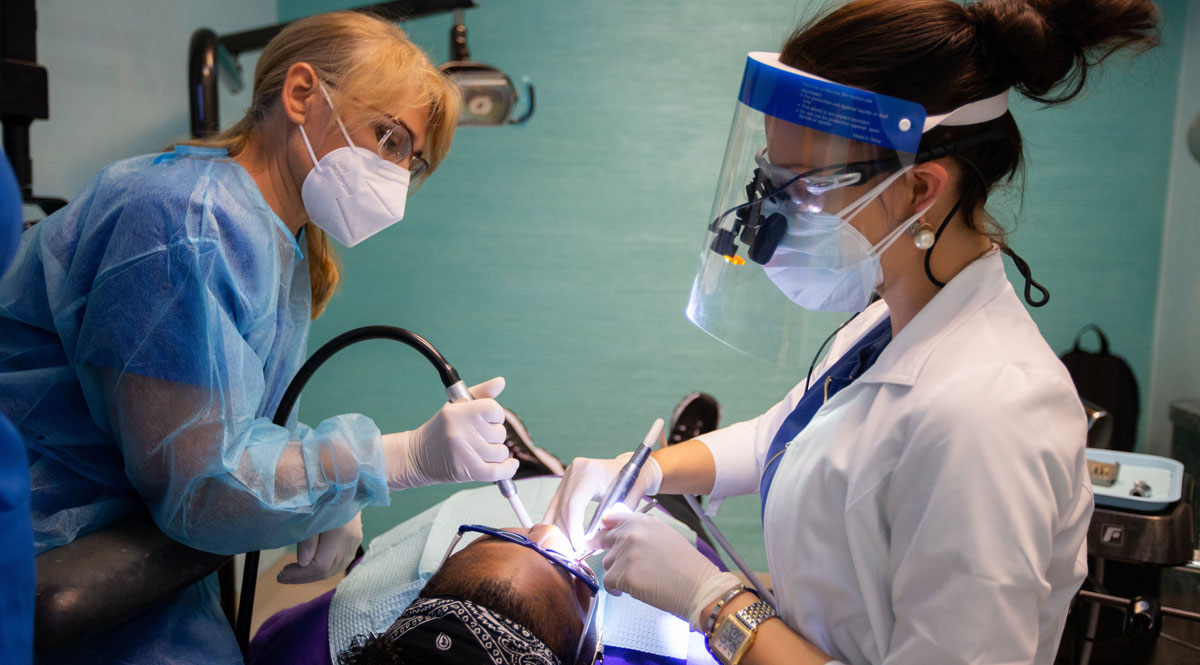What is TMJ Disorder?
Temporomandibular joint disorder is a common condition that affects joints and chewing muscles. It can be painful for many patients, making it difficult to chew, speak, and even swallow. There are many ways to treat TMJ dislocation, but the most effective TMJ cure is bit rehabilitation using noninvasive bite splints. At Sunny Dental, we only use highly personalized bite splints to take the pressure off your jaw muscles while moving your jaws into the ideal position. To learn more about TMJ disorder and TMJ cure, please contact tmj dentist near me in Sunny Isles Beach, 33160.





